Today, Yaneth’s interests coalesce around formalization. In addition to her work in the mine, she is a member of a victims’ committee, in memory of her father, and a women’s rights group. She was also a participant in the Pilares project (implemented by PACT and funded by the US Department of Labor), which aimed to combat child labour and improve working conditions in Colombia.
“We learned a lot from the project,” she said. “We honestly didn’t know much about the laws. Now, we know more about the issue and we have made progress, but it’s a road that we need to travel little by little.”
Yaneth believes that if the sector is formalized, then parents will enjoy better jobs with decent working conditions, increased salaries, and equality. As such, they will more willingly and able send their children to school.
“Where do you see child labour? In informal mining,” she noted. “That’s when the mine owners relax and children are allowed to go to the mine.”
For now, she is focused on raising awareness about the issue. Since she herself didn’t even know that child labour was a problem, she is dedicated to informing her fellow miners and the wider community, including parents, family members, and children themselves.
“When a child is aware, possibilities open up,” she noted. “They can say: ’Dad, I don’t want to go to work with you. I want to study.’”
She uses her own experience to speak out about the issue. For example, she tells children that mining is dangerous work. She tells parents that this work is going to affect their health, and they should protect their children.
“My message to children is: If I had studied and got a degree, I would be in a different place, or doing the same thing I do now, but with more impact,” she said.




